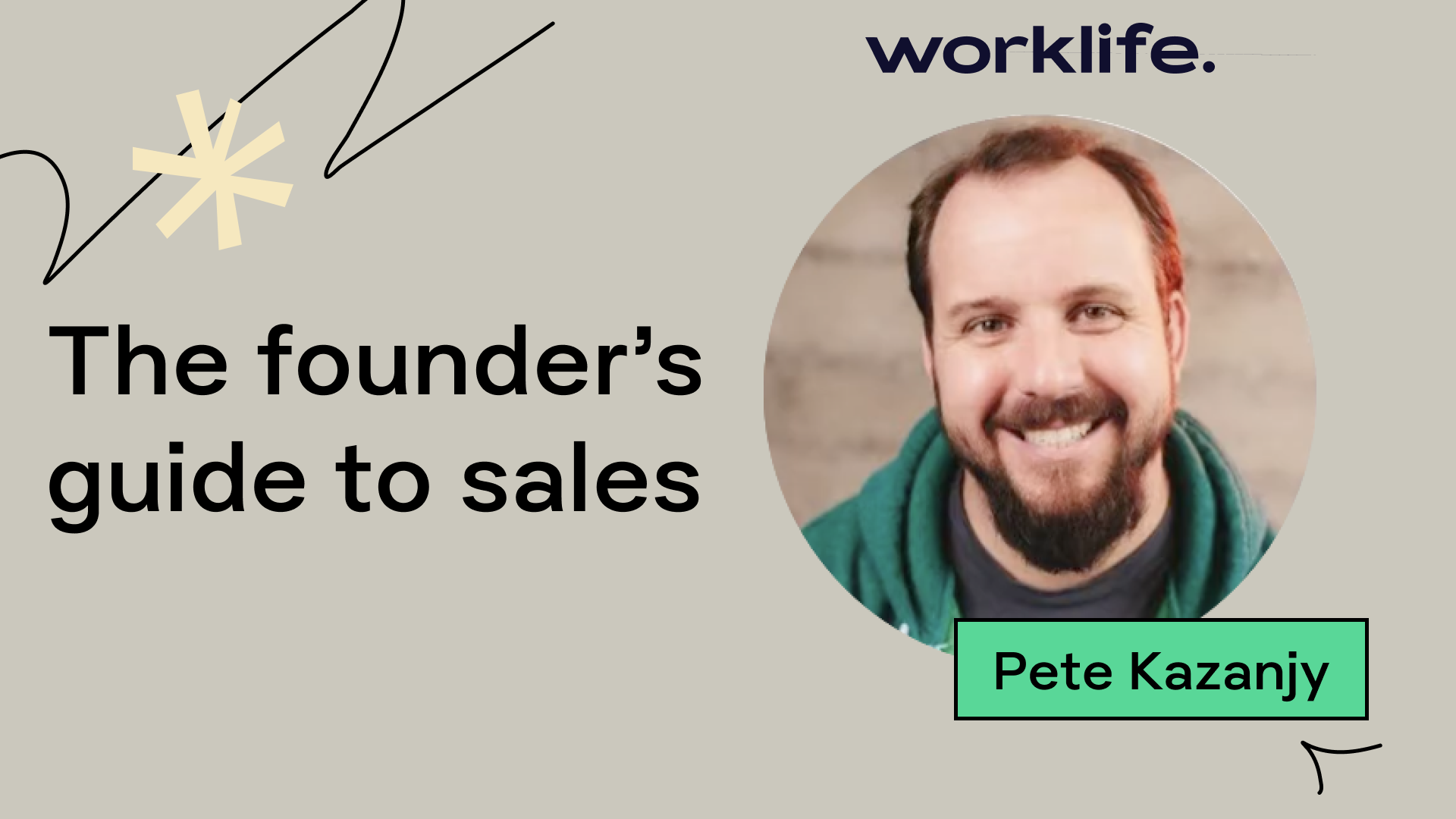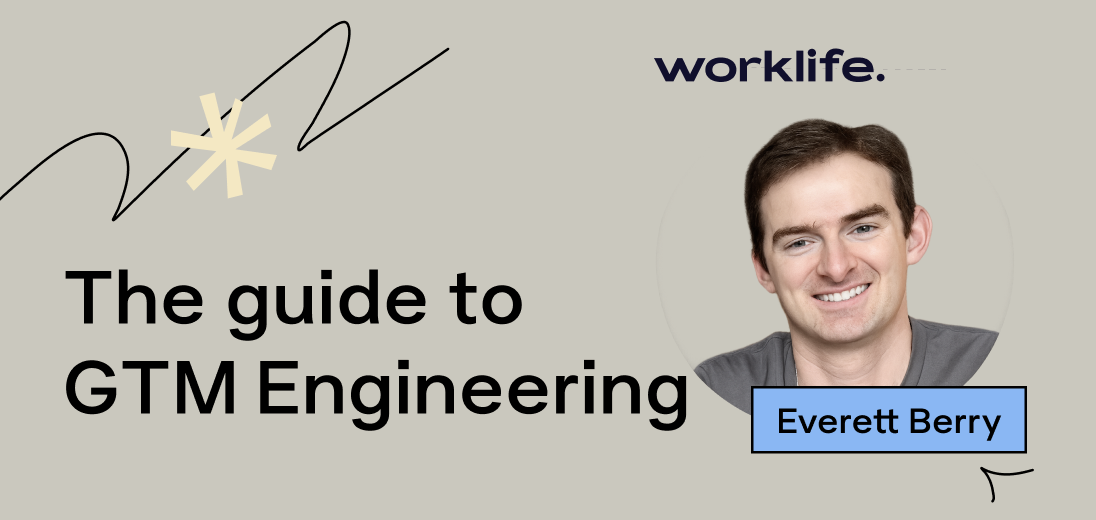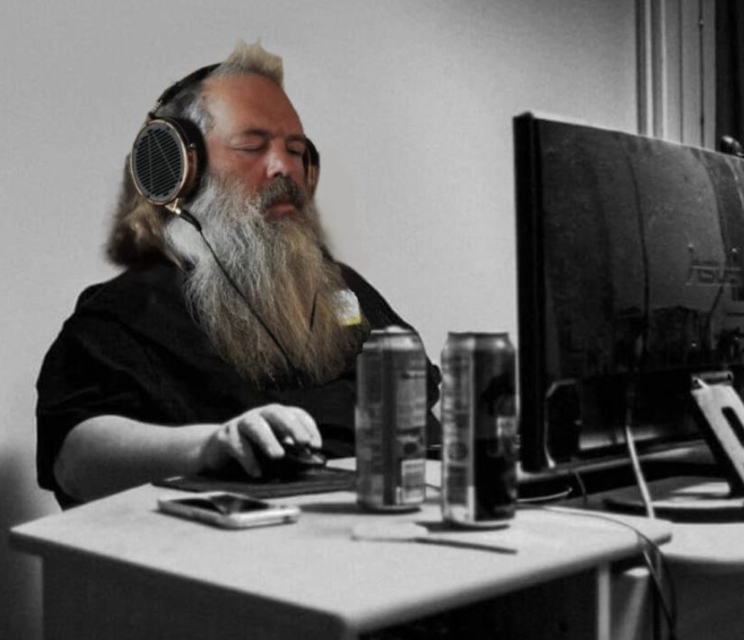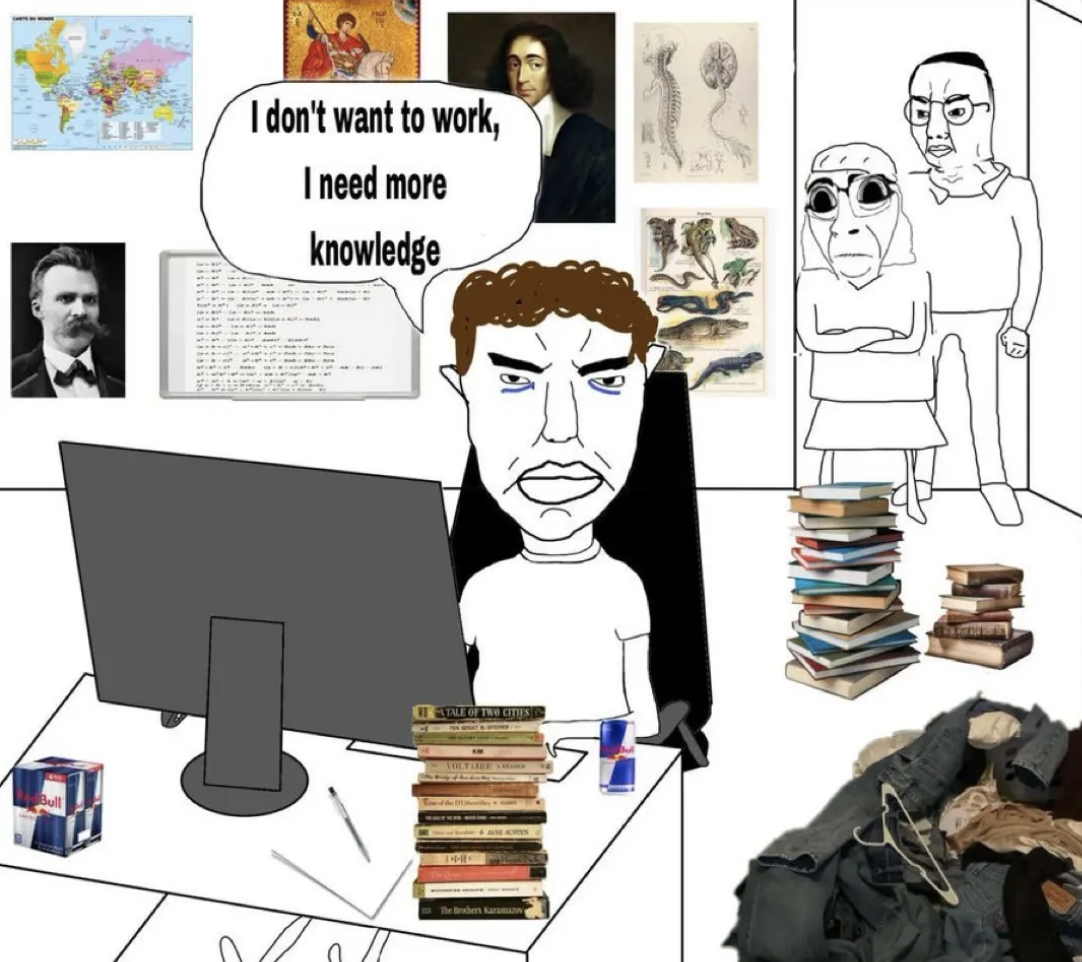Worklife recently conducted a survey, “Humanity in the Age of AI” to better understand and support our argument for increased human connection in the wake of the AI revolution. We surveyed 569 Americans about AI chatbots, AI-generated art, and Uber vs. AI-controlled Waymos, among other things. One question asked responders about their opinion on AI-generated graphics in a Marvel movie. Read the full question and see the results below.

These results are especially timely while Hollywood attempts to rebuild after the 118-day-long SAG-AFTRA strikes last year. Of the many concerns voiced by members, some of the more dominant–and last to resolve for the Writer’s Guild of America (WGA)–were policies related to AI involvement and AI-generated “Synthetic Performers”. So, just over a year since Hollywood screeched to a halt, Worklife decided to ask respondents about AI in film.
We opted for a highly accessible, major film franchise for this hypothetical. It’s familiar to most and has not just met but exceeded box office accomplishments mentioned in the survey; Marvel's highest-grossing film Avengers: Endgame grossed $2.79 billion. But this hypothetical is closer to fact than fiction in more ways than one.

Some of you may remember when Marvel’s Secret Invasion dropped its first controversial episode during last year’s strikes. The series received extreme backlash for its use of an entirely AI-generated opening credit scene, according to a Forbes article explaining the outrage, “Generative AI poses an existential threat to all working artists, simply because putting prompts into a machine is cheaper and faster than paying workers (not to mention, the technology has been trained on the work of artists, without their consent)” (Placido). In the Secret Invasion controversy, Worklife finds a highly relevant real-world example that corresponds with our findings. While almost 60% of respondents said they’d be “less excited” by AI-generated graphics, 40% said they’d be just fine with the non-human-made graphics, as long as the end result was good quality.
That’s where the Secret Invasion example falls short; quality. Many artists and fans alike rejected the AI-generated sequence both ethically and aesthetically. Storyboard artist Jon Lam took to X (formerly Twitter) to boycott the show calling it “a slap in the face” while thousands of others stormed social media to criticize the graphics artistically, the aforementioned Forbes article called them “a mess” while another X user called them “absolutely terrible.” Artists like Lam advocate for a byproduct of AI in films likely unconsidered by many respondents. While 40% of respondents “did not care” if AI generated cheaper, high-quality graphics, I wonder if they considered the jobs lost.
So, the question remains if more examples like Secret Invasion existed, but with high-quality AI-generated graphics, would 40% percent of Americans feel indifferent? Our survey findings say yes, but there’s no doubt we will have more real-world examples in the coming years.
It’s not just industry giants like Marvel receiving backlash for AI use, but smaller-budget indie films as well. To promote their recent film Civil War, art-house studio A24 used AI-generated posters of war-torn American cities. If A24 was simply “testing the waters” with this promotion, as no AI-generated graphics were used in the actual film, they got a clear message from fans; never again. One might attribute this outrage over promotional material to an increased sensitivity to AI use within indie films. Likely because, in a world filled with CGI-driven franchises, these indie studios dedicate themselves to original, authentic stories like A24’s 2017 best picture winner Moonlight, which (after an internet-breaking slip-up) beat out La La Land. Only time will tell if A24 will turn away from AI for the foreseeable future, or if they'll give in to what’s cheapest, quickest, and most “efficient.”

And it might be in A24’s best interest to listen to fans. Already indie films seem to be having a moment with companies like Neon and A24, in one recent example, doing similar to newer Marvel films with an exponentially smaller budget–The Marvels had a budget of $219.8-$274.8 million, grossing 84.5 million in the U.S. and Canada while Neon’s indie-horror Longlegs grossed 73.6 million domestically, all with less than a $10 million budget.

With the Emmys approaching, relatable portraits of human relationships are in the spotlight; FX on Hulu’s The Bear set a comedy series record this year with 23 nominations and garnered almost double the viewership of Marvel’s Secret Invasion. After all, how relatable can a show about aliens shapeshifting into superheroes be?
Imagine with me, for a moment, if AI tried to replicate any element of the 2024 Emmy Award’s 2nd most-nominated show, The Bear. The nuanced relationships, the sprawling visuals of downtown Chicago, the masterfully composed arguments, and the striking portrayal of family. If you’re not a TV person, imagine Best Picture Oscar winners from the last five years (Oppenheimer, Everything Everywhere All at Once, CODA, Nomadland, Parasite) with AI-generated graphics or scripts. What would we lose?

So, what does all of this mean for the future of film? Let’s look back at our survey for a moment. If you compare the findings about AI in Marvel to the rest of our survey, you’ll find they're the most equally divided between negative feelings towards AI and indifferent/positive feelings. We think, in general, most respondents have likely gotten used to the extreme amounts of CGI in Marvel films, causing a decreased sensitivity to the VFX designers and artists who spend countless hours creating a landscape, (or purple space god) from scratch. I wonder how results might change if we asked people about AI in Oscar-winning films.

If there’s one thing audiences are beginning to become divided over, it’s authenticity. The themes masterfully woven throughout Academy Award-winning films from A24 and Neon like Everything Everywhere All at Once, Parasite, and Anatomy of a Fall are founded in the human condition and exude complexity through every step of the process, from writing to release. Now the question is: What’s next? While AI seems to be steadily on the rise, it’ll be up to audiences everywhere to determine who, or what, gets to make the media they consume.






